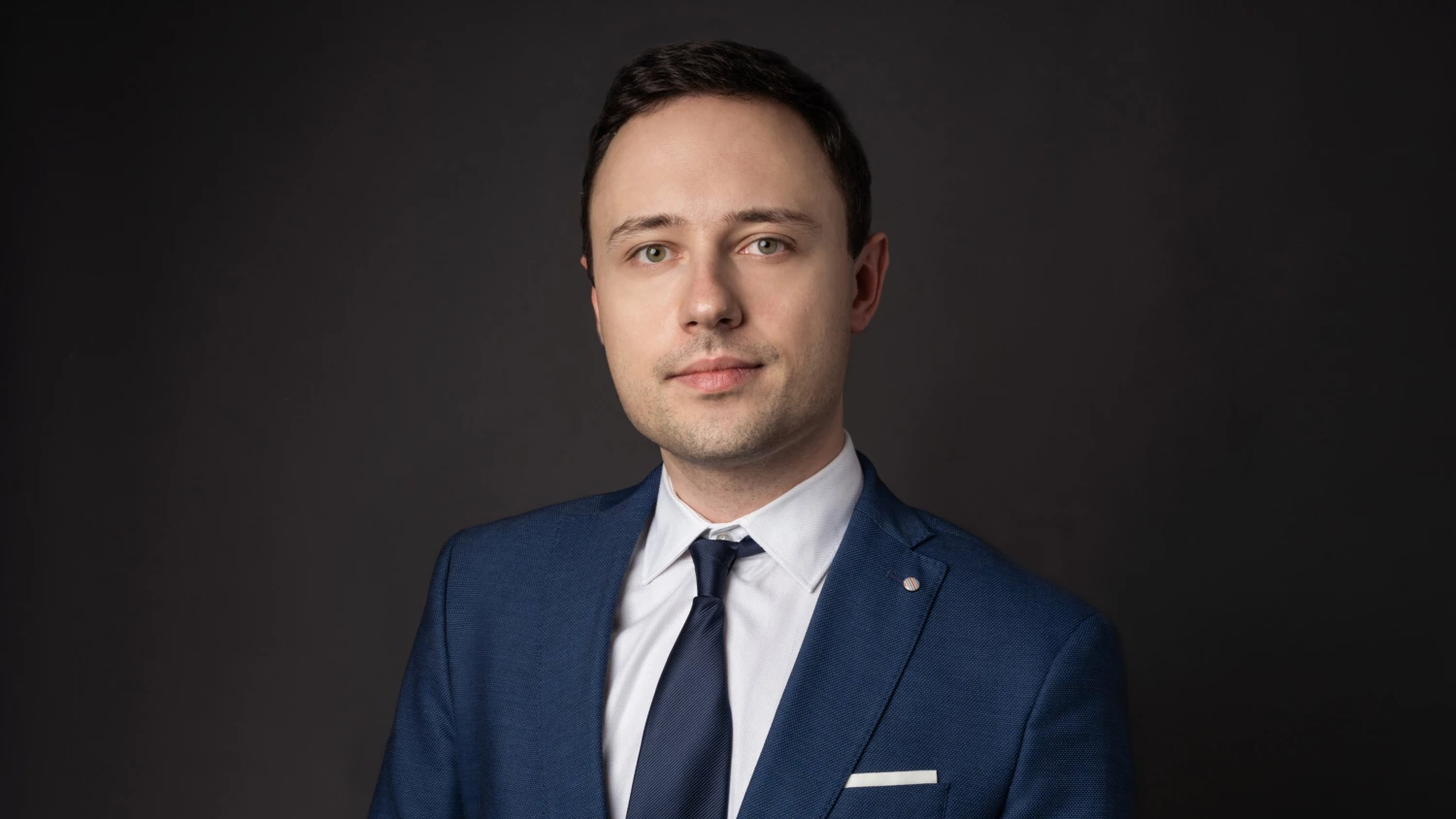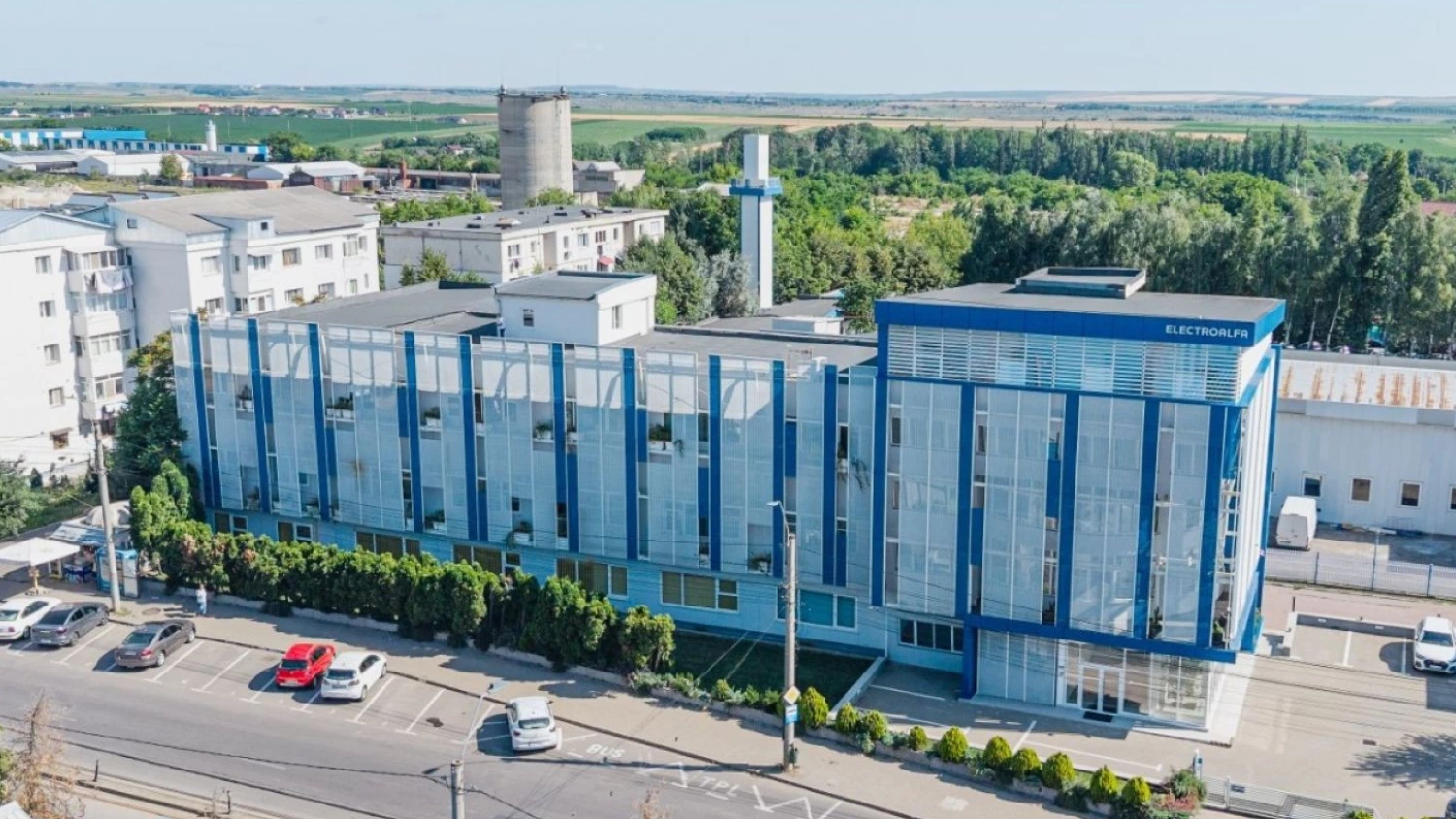The initiative, signed in Athens during the Partnership for Transatlantic Energy Cooperation (P-TEC) Ministerial Meeting, is a major step towards strengthening Europe's energy independence and connectivity along the Vertical Gas Corridor.
The TSOs involved are DESFA (Greece), Bulgartransgaz (Bulgaria), Transgaz (Romania), Vestmoldtransgaz (Republic of Moldova), and the Gas TSO of Ukraine, alongside ICGB AD, the independent operator of the Greece-Bulgaria Interconnector. U.S. Energy Secretary Chris Wright and U.S. Interior Secretary Doug Burgum were present for the signing.
“The Vertical Corridor and the TransBalkan Corridor, which is a part of it, are essential pillars of energy security directly contributing to the diversification of supply sources and routes, the overall reduction of the dependence on Russian gas, and the strengthening of the energy resilience of the Republic of Moldova and Ukraine and of the entire Central and Eastern Europe and the Balkans,” said Transgaz General Director Ion Sterian.
The request seeks the regulators' approval on the availability of Route 2 and Route 3 until April 2026 and the possibility of providing these routes simultaneously with Route 1 in competing auctions. To encourage market use, all participating TSOs have agreed to apply significant discounts—ranging from 25% to 50%—across their interconnection points.
This coordinated effort aims to mitigate potential disruptions, support uninterrupted deliveries to Ukraine, and ensure the most efficient use of existing infrastructure.
The Trans-Balkan corridor, part of the Vertical Corridor, is a key component of the EU's strategy to phase out reliance on Russian gas. Approving Routes 2 and 3 aligns with this strategy by leveraging LNG and Caspian gas to reinforce long-term energy security. Route 2 originates at the Amfitriti interconnection point on the DESFA grid, crosses the Greece-Bulgaria interconnector (ICGB), and continues through the Trans-Balkan corridor. Route 3 follows the same path but begins at ICGB's interconnection point with TAP.
The routes will facilitate the transport of natural gas from diversified sources (LNG and gas from the Caspian Sea) to Ukraine via the Trans-Balkan section.
Maria Rita Galli, CEO of DESFA, said: " By advancing Route 2 and Route 3, we are unlocking the full potential of Greece's LNG infrastructure encompassing both the Revithoussa terminal and the Alexandroupolis FSRU and further consolidating Greece's position as a key entry point for diversified gas supplies into Europe.”










